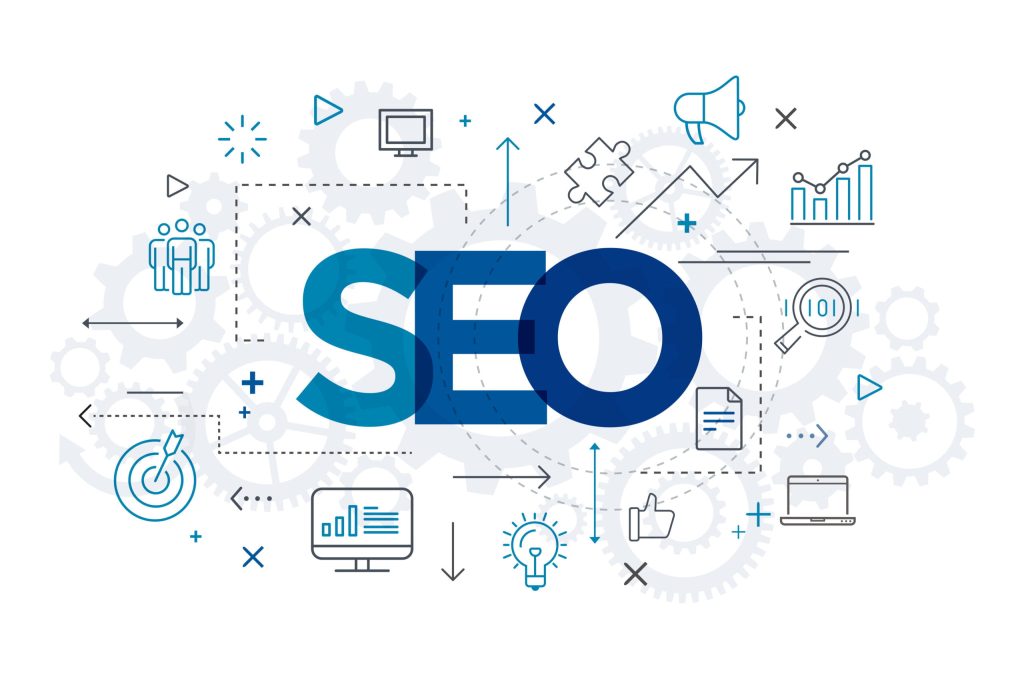Mastering On-Page SEO: Unveiling the Secrets of Effective Optimization
In the vast and ever-expanding realm of digital marketing, search engine optimization (SEO) is the guiding star that leads businesses to online success. While off-page SEO strategies like link building and social media engagement play a crucial role, on-page SEO is the foundation upon which the entire digital marketing strategy is built. By optimizing elements on your website, you can enhance its visibility, drive organic traffic, and ultimately improve your search engine rankings. But what are the secrets behind effective on-page SEO? Let’s dive into the depths of this fascinating topic and uncover the key strategies that will set you on the path to mastering on-page optimization.
Crafting Killer Content for On-Page SEO
In the realm of SEO, content has always been king. Search engines like Google are constantly evolving to prioritize high-quality, relevant content that provides value to users. To master on-page SEO, it’s essential to focus on crafting killer content that captivates your audience and aligns with search engine algorithms.
First and foremost, keyword research is paramount. Conduct in-depth research to identify the keywords and phrases that your target audience is searching for. By strategically incorporating these keywords into your content, you can enhance its relevance and improve your chances of ranking higher in search engine results pages (SERPs). However, be mindful of keyword stuffing, as search engines can penalize websites that overuse keywords unnaturally.
Furthermore, ensure your content is comprehensive and well-structured. Break it down into logical sections using subheadings and bullet points, making it easier for both search engines and readers to navigate and understand your content. Including multimedia elements like images, videos, and infographics can also enhance the overall user experience and improve on-page SEO.
Optimizing Technical Elements for Enhanced Performance
While killer content forms the core of on-page SEO, optimizing technical elements on your website is equally vital. These behind-the-scenes components significantly impact how search engines interpret and rank your website. Paying attention to these technical aspects can give you a competitive edge in the digital landscape.

Start by ensuring your website is mobile-friendly. With the majority of internet users accessing content on mobile devices, Google prioritizes mobile-responsive websites in its search results. Optimize your website’s design and layout to provide a seamless experience across different screen sizes, enabling users to navigate and consume your content effortlessly.
Page speed is another crucial factor that affects both user experience and search rankings. Slow-loading websites frustrate users and often lead to high bounce rates. To optimize your page speed, compress images, minimize the use of bulky scripts, and leverage caching techniques. Additionally, employing a content delivery network (CDN) can distribute your website’s content across multiple servers worldwide, reducing loading times for users around the globe.
The Power of Meta Tags and URLs
In the intricate web of on-page SEO, meta tags and URLs act as powerful threads that connect your website to search engine algorithms. By optimizing these elements, you can significantly enhance your website’s visibility and click-through rates.

Start with the meta title and meta description. The meta title should be concise, compelling, and contain relevant keywords to catch the reader’s attention in search engine results. The meta description, on the other hand, should provide a concise summary of your content and entice users to click through to your website.
When it comes to URLs, ensure they are concise, descriptive, and keyword-rich. Avoid using lengthy and convoluted URLs that provide no context. Instead, craft clean URLs that give both users and search engines a clear idea of what the page is about.
Conclusion
Mastering on-page SEO is a journey that requires a comprehensive understanding of various strategies and techniques. By crafting killer content, optimizing technical elements, and harnessing the power of meta tags and URLs, you can unlock the secrets to effective on-page optimization. Remember, on-page SEO is an ongoing process that requires continuous monitoring, refinement, and adaptation to stay ahead of the curve in the ever-changing digital landscape. So, take these insights, implement them diligently, and watch your website climb the search engine rankings, attracting organic traffic and fueling your online success.
